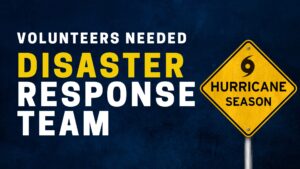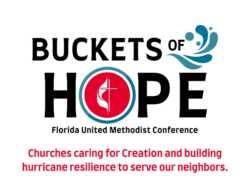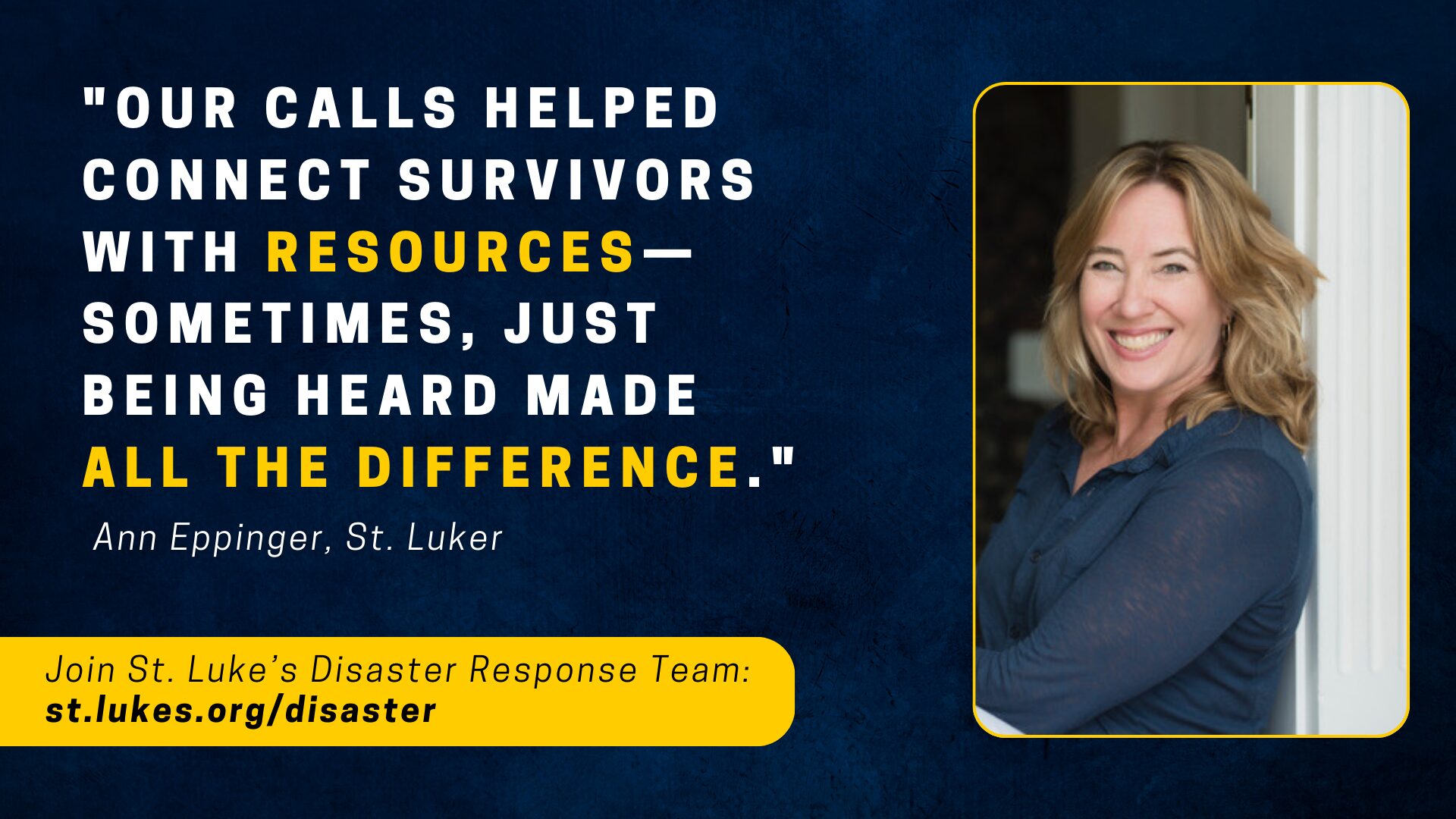Disaster Response Team
As storms continue to grow in Florida and natural disasters place a burden on our communities, we are building awareness on disaster relief by training and fundraising in order to meet the needs of our communities during a crisis.
Volunteers can be involved with various types of disaster response including hurricane assistance and clean up, assisting with answering calls for help, coordinating donations and being beacons of hope. There is a role for everyone!
JOIN US IN THE BUCKETS OF HOPE CHALLENGE – AUGUST 17-SEPTEMBER 7
St. Luke’s is joining the Florida Conference in this challenge to make Buckets of Hope (flood buckets) to help our neighbors after disasters strike. The Conference has set the goal of 5,000 buckets. Watch this video from Bishop Tom Berlin.
Help St. Luke’s reach our goal of making 250+ buckets between August 17-September 7. Stop by the Missions tables outside of worship starting August 17 to pick up your bucket and return it filled with supplies by September 7.
You can also make a donation to fill a bucket, by donating here to Disaster Response (Completed buckets cost $50-$75 )
If we reach our goal of filling 250 buckets, we will “bucket” a St. Luke’s staff member.
Fill a bucket and vote for who you would like to see bucketed from St. Luke’s.
We have tried to make the Buckets of Hope easier and purchased some of the hard to find items.
Please help us by filling a bucket with the supplies listed below.
- One 32-40oz. bottle liquid laundry detergent
- One 16-40 oz. bottle liquid concentrate household cleaner – (such as Pine Sol or Fabuloso-No spray cleaners)
- One 16-34 oz. bottle dish soap
- One 4-8 oz. pump spray air freshener (liquid, not gel)
- One 6-14 oz. pump spray insect repellent (pack of 10-20 wipes also acceptable)
- One scrub brush- With or without handle
- Five scouring pads (No stainless-steel pads with soap in them) (such as Brillo or Scotch Brite)
- 20 roll of heavy-duty trash bags (33-45-gallon sizes)
- Two pairs kitchen gloves-(Durable for multiple uses)
For more information about about the Buckets of Hope or the Disaster Response Team, contact Missions at serve@st.lukes.org.
[accordion]
Join us as a Volunteer with the Disaster Response Teams
Volunteers can be involved with:
- Early Response Teams- be trained to be part of the Early Response Team to assist with local disasters. Join a work team to provide a caring presence and assistance for survivors, helping to prevent further damage to a family’s property. Early Response Teams travel to local disasters for 1-3 days to provide assistance,
- Call Center Volunteers – be part of a local team to assist the community and answer calls for assistance. Last year more than 2,000 calls came into the Conference following the storms and we are seeking volunteers to help provide a listening ear and assistance at St. Luke’s to answer the calls.
- Donation Collections-Help organize efforts to gather and distribute essential supplies.
For more information contact Amy Simon at asimon@st.lukes.org.
To join our Disaster Response Team Sign up below:
[/accordion]
[accordion]
St. Luker Ann Eppinger Shares Why This Experience Meant So Much
Last fall, I felt helpless as I watched the devastation that three successive hurricanes left on the west coast and northern panhandle of Florida. I felt led to answer phone calls to the Florida United Methodist Conference hotline, and quickly began to understand what our Florida UM Conference does to reach out and help during a disaster and for quite a while afterwards. This 800 number is given as a resource of about 10 total phone numbers given to survivors of a storm by the Red Cross, FEMA and other local organizations. We answered close to 1800 calls in a little over 6 weeks! Often, I was told that I was the only person that they had actually reached of the 10 calls they made, and as I followed my scripted questions, was able to listen to their sometimes harrowing, and always gut-wrenching, stories of survival and loss. They needed to be heard. They also needed real help. Our calls were logged into a database, from which over 150 temporary Airbnb housing vouchers were provided, a number of disaster call teams were dispersed to help with cleanup and repairs, and long-term needs were assessed to help those without insurance or needed resources. I was able to give survivors locations of charging stations, showers, hot meals and clothes. And as the weeks progressed, my husband and I were able to be trained to go out on sites to provide help as part of an Emergency Response Team (“ERT” ).
I am grateful that my church, St. Luke’s UMC, has decided to offer our services as a remote Disaster Call Center, in the event of a storm this season, and is also hosting an ERT training session, both events to be held in April. We hope to bolster the number of persons trained to help in the case of future storms. To listen, you just need to be aware of what the FLUMC Disaster Center can do to help, along with some guidance. As to the on-site work, I emphasize that I am a banker by trade – I have literally no skills but the willingness to take direction and help on those sites, by listening, hauling, or whatever the team leads ask. I was as moved by my time at a housing site as I was in listening to survivors stories and needs. I hope you will consider joining our team!
[/accordion]






